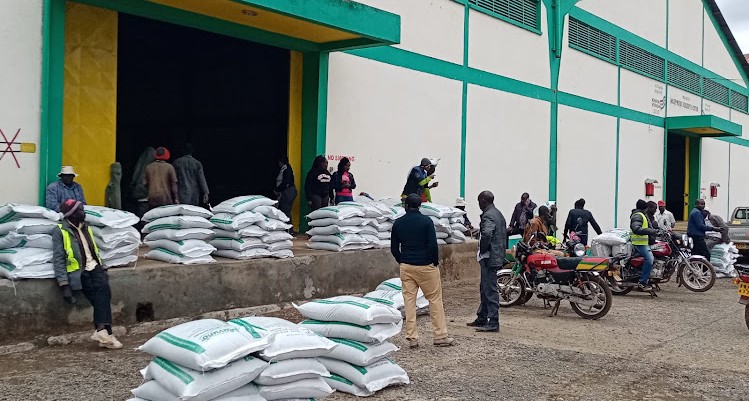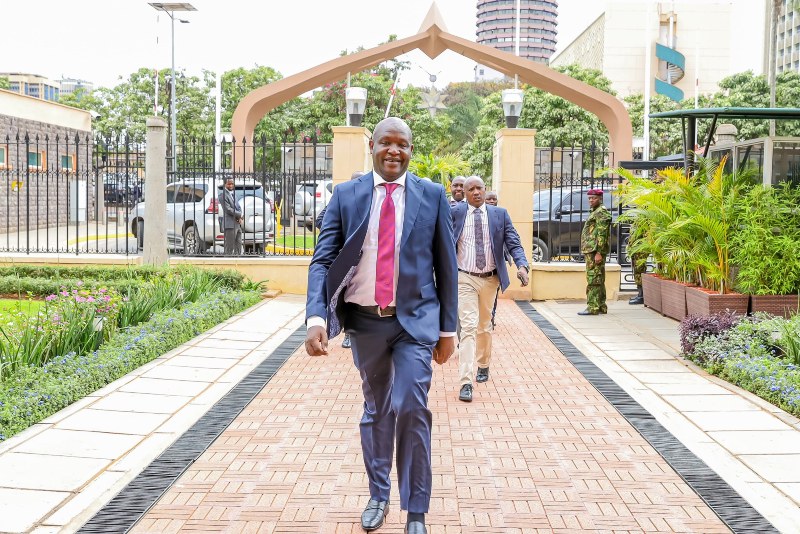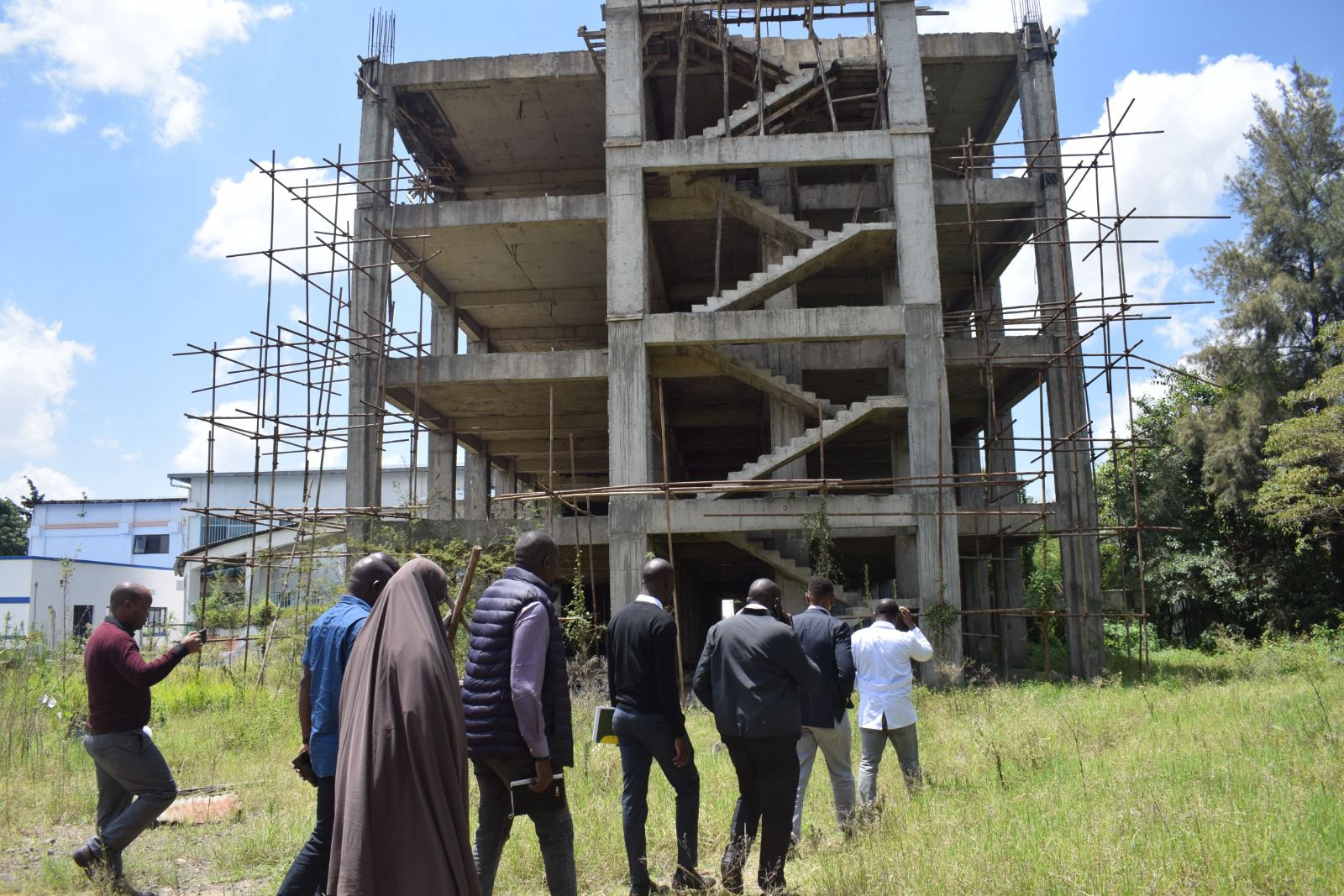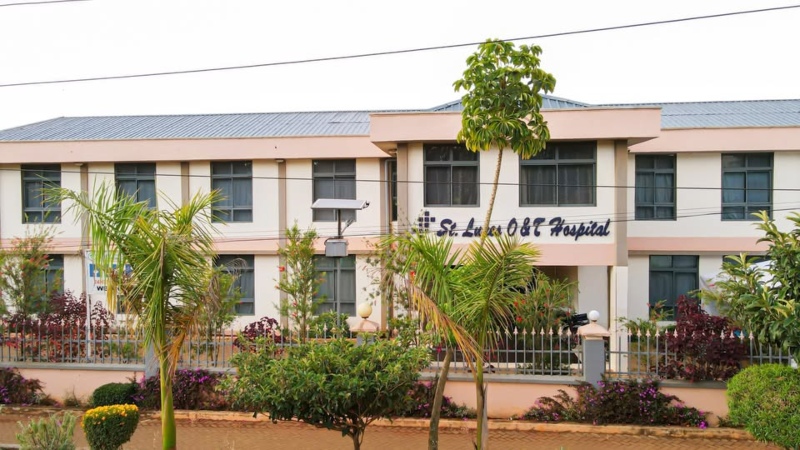New US Bill proposes taxing money sent by Kenyans living abroad

Remittance service providers will be required to withhold the tax at the point of transfer unless the sender can prove US citizenship or legal status.
Kenyans in the United States could soon face higher costs when sending money home, following a proposed Bill seeking to impose a five per cent tax on international remittances made by non-citizens.
According to the draft legislation titled One Great and Beautiful Tax Bill, tabled on May 12, 2025, remittance service providers will be required to withhold the tax at the point of transfer unless the sender can prove US citizenship or legal status.
More To Read
- Government evacuates 5,232 distressed Kenyans from 19 countries amid exploitation concerns
- 2027 race heats up as presidential hopefuls turn focus to Kenyan diaspora
- Kenyans sent home Sh325 billion in first half of 2025 amid US tax fears
- Kenya's top politicians eye diaspora vote ahead of 2027 polls
- 305 Kenyan diaspora deaths recorded in 2024, new report shows
- "We'll not be silenced!" Kenyan diaspora speaks out against police brutality, media gag
The funds collected would be submitted to the US Treasury.
“There is hereby imposed on any remittance transfer a tax equal to five per cent of the amount of such transfer,” reads the draft Bill.
The proposed law, which is moving swiftly through the US Congress, marks a significant reversal in American tax policy, as remittances have previously not been subject to any federal tax. The bill is part of a broader legislative push to tighten immigration-related financial oversight and restrict public benefits to undocumented immigrants.
According to Section 112105 of the Bill, the five per cent excise tax will be paid by the sender of the remittance. Remittance transfer providers, including banks and wire services, will be responsible for collecting the tax and remitting it to the Secretary of the Treasury on a quarterly basis.
The legislation also stipulates that remittance providers will bear secondary liability for any taxes that are not collected at the time of transfer. However, an exception is included for transfers made by verified US citizens or nationals using “qualified remittance transfer providers.”
These providers must have a formal agreement with the Treasury to verify a sender’s citizenship or national status.
Additionally, the Bill offers a refundable tax credit for taxpayers with valid Social Security numbers who are required to pay the excise tax. It also includes an anti-conduit rule, aimed at preventing individuals from circumventing the tax through intermediaries.
Beyond remittances, the proposed law tightens access to federal public benefits. It restricts eligibility for programmes such as Obamacare and Medicare premium tax credits to individuals who possess verified Social Security numbers. The stated goal is to prevent taxpayer-funded benefits from indirectly aiding undocumented immigrants.
The US House of Representatives aims to pass the bill by May 26, Memorial Day, with President Donald Trump expected to sign it into law on July 4, 2025, Independence Day. Once enacted, implementation is expected to be swift, with the tax applying to all transfers regardless of their size or purpose.
The announcement has caused anxiety among immigrant communities, especially in Africa, where remittances serve as a vital economic support system.
In Kenya, the impact could be particularly significant. Data from the Central Bank of Kenya (CBK) shows that the United States remains the single-largest source of diaspora remittances, accounting for 53 per cent of total inflows.
In the first quarter of 2025, Kenyans abroad sent home $1.23 billion (Sh159.5 billion) through remittances. CBK notes that January saw inflows of $427.4 million (Sh55.4 billion), February brought in $382.2 million (Sh49.6 billion), and March closed at $422.9 million (Sh54.8 billion).
This represents an increase of $26.4 million (Sh3.4 billion) compared to the same period in 2024.
CBK noted that remittance inflows totalled $422.9 million (Sh54.72 billion) in March 2025 alone, up 3.7 per cent from $407.8 million (Sh52.74 billion) in March 2024. The cumulative inflows for the 12 months leading to March 2025 reached $4.972 billion (Sh642.85 billion), marking a 13.5 per cent increase from the $4.380 billion (Sh566.43 billion) recorded in the same period the previous year.
“These inflows continue to support the current account and the foreign exchange market,” the CBK stated in its latest bulletin.
Globally, diaspora remittances are playing an increasingly important role in sustaining economies. The World Bank estimates that in 2023, the total value of remittances sent to home countries was approximately $656 billion (Sh84.88 trillion). These transfers have now overtaken other forms of external financial inflows to low and middle-income countries, including foreign direct investment, over the past decade.
The bulk of these remittances are sent through American wire services rather than traditional banks or credit unions, highlighting the potential reach of the proposed tax.
As the legislation advances, immigrant advocacy groups and financial analysts warn that the tax could discourage formal remittance channels and push transfers underground, ultimately harming both senders and their families in recipient countries.
If passed, the bill will not only affect Kenyans living in the US but could also have ripple effects across global remittance corridors, reshaping the way money moves across borders.
Top Stories Today










































